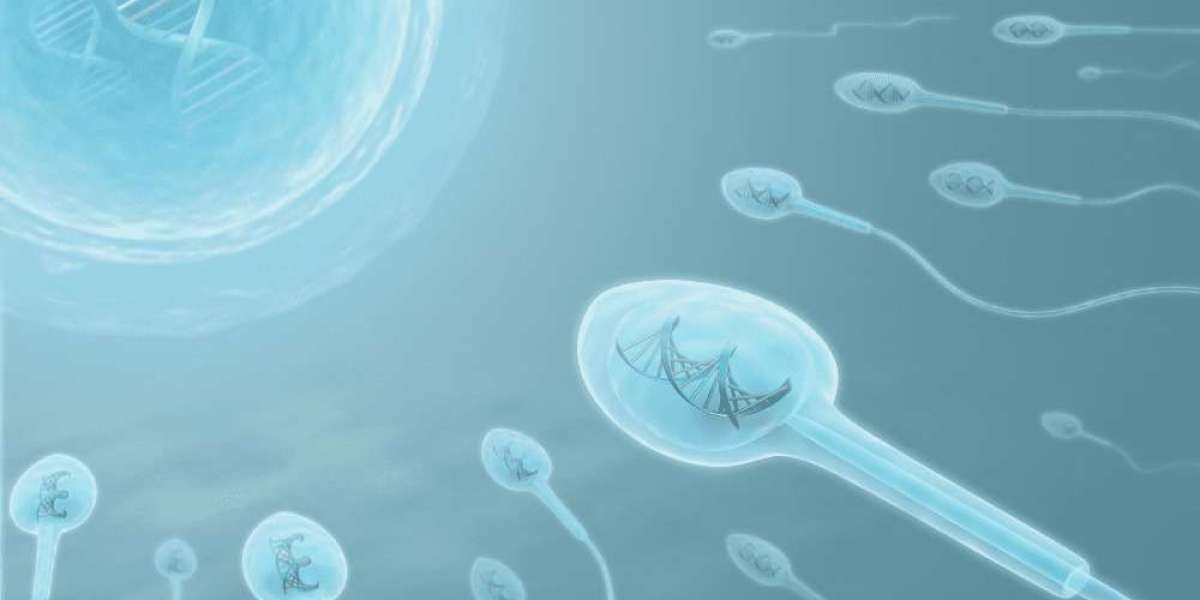Introduction:
The field of reproductive science is on the verge of a groundbreaking transformation with the development of In Vitro Gametogenesis (IVG)—a technique that enables the creation of human sperm and eggs from ordinary body cells in a laboratory. This revolutionary advancement, similar to how In Vitro Fertilization (IVF) changed reproductive medicine in the 20th century, has the potential to redefine human reproduction as we know it. Scientists believe that within the next decade, IVG could become a viable option for individuals and couples struggling with infertility, same-sex couples desiring biological children, and even those looking to preserve their fertility for the future. However, while the possibilities are promising, the ethical and societal implications of this technology remain a major concern.
How In Vitro Gametogenesis Works
IVG involves reprogramming adult cells, such as skin or blood cells, into induced pluripotent stem cells (iPSCs)—cells that have the ability to develop into any type of tissue. Scientists then guide these stem cells into becoming gametes (sperm or eggs) through a controlled laboratory process. The technique has already been successfully tested in mice, where researchers created functional sperm and eggs that resulted in viable offspring. If replicated in humans, IVG could offer an entirely new approach to fertility treatments, eliminating the need for traditional egg or sperm donation.
Potential Applications of IVG
The implications of IVG extend far beyond conventional fertility treatments:
- Solving Infertility Issues – Individuals suffering from genetic disorders, chemotherapy-induced infertility, or premature reproductive aging could benefit from lab-created gametes.
- Same-Sex Reproduction – IVG could allow same-sex couples to have biologically related children, something that was previously impossible. Two men could have a child using lab-grown eggs, while two women could conceive using lab-generated sperm.
- Genetic Preservation & Fertility Planning – People could bank their genetically engineered reproductive cells at a young age and use them later when they decide to have children.
- Multiple Genetic Parents – This controversial aspect of IVG could allow more than two individuals to contribute genetic material to a single embryo, challenging traditional notions of parenthood.
Ethical Concerns and Societal Impact
While IVG offers promising applications, it also raises significant ethical dilemmas:
- Genetic Selection & Designer Babies: If IVG enables full genetic control over embryos, parents might begin selecting traits such as intelligence, physical abilities, or resistance to diseases, leading to an era of "designer babies."
- Economic and Social Inequality: The accessibility of IVG might be limited to the wealthy, increasing biological inequality where only certain groups can afford genetic advantages.
- Legal and Parental Rights Issues: With multiple genetic parents becoming a possibility, legal frameworks around parenthood and custody would need to be redefined.
The Future of IVG: What Comes Next?
Despite the ethical debates, IVG is rapidly moving forward. Leading fertility scientists believe that within the next 10 to 15 years, clinical applications of this technology will become a reality. However, its safety, regulation, and ethical use must be carefully addressed before widespread implementation. Governments and bioethicists will play a crucial role in ensuring that IVG is used responsibly, preventing its misuse in genetic enhancement or social engineering.
Conclusion
In Vitro Gametogenesis has the potential to revolutionize reproductive medicine, offering new hope for those facing infertility and expanding the definition of parenthood. However, as with all powerful technologies, its use must be guided by strict ethical considerations to prevent unintended societal consequences. The question remains: Will IVG be a medical breakthrough that reshapes human reproduction for the better, or will it open Pandora’s box of bioethical dilemmas? As science progresses, the answers will soon unfold.








